
- Article
- Article
When you can’t return home
Migrants and refugees cannot choose to return home, so homesickness becomes a profound and long-lasting feeling. This powerful force infuses migrant cultures, and is rarely given the serious attention it warrants.
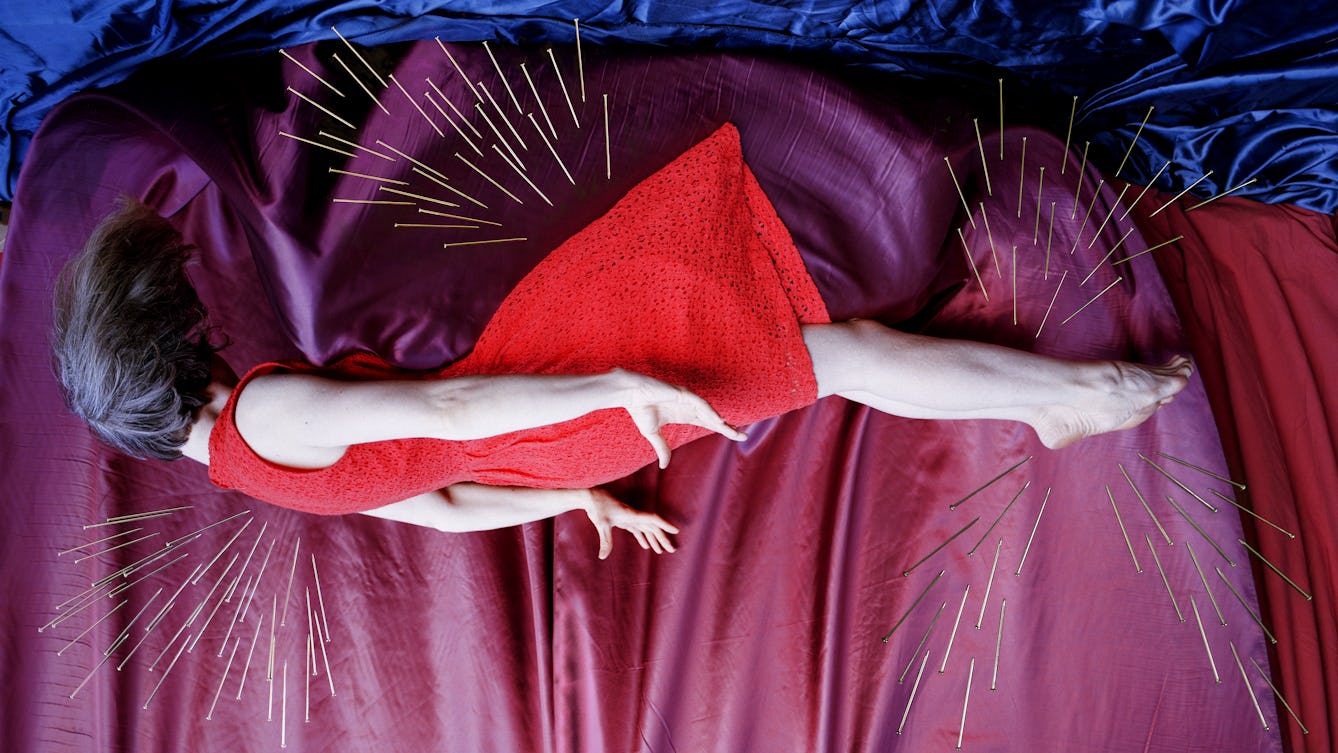
- Article
- Article
What is violence?
Criminologist Laura Bui explores her early understanding of violence and outlines its definition and wider consequences.

- Article
- Article
Theriac: An ancient brand?
The name theriac survived for around for two millennia as a pharmaceutical term. But a ‘brand’ name is not always a guarantee of quality.
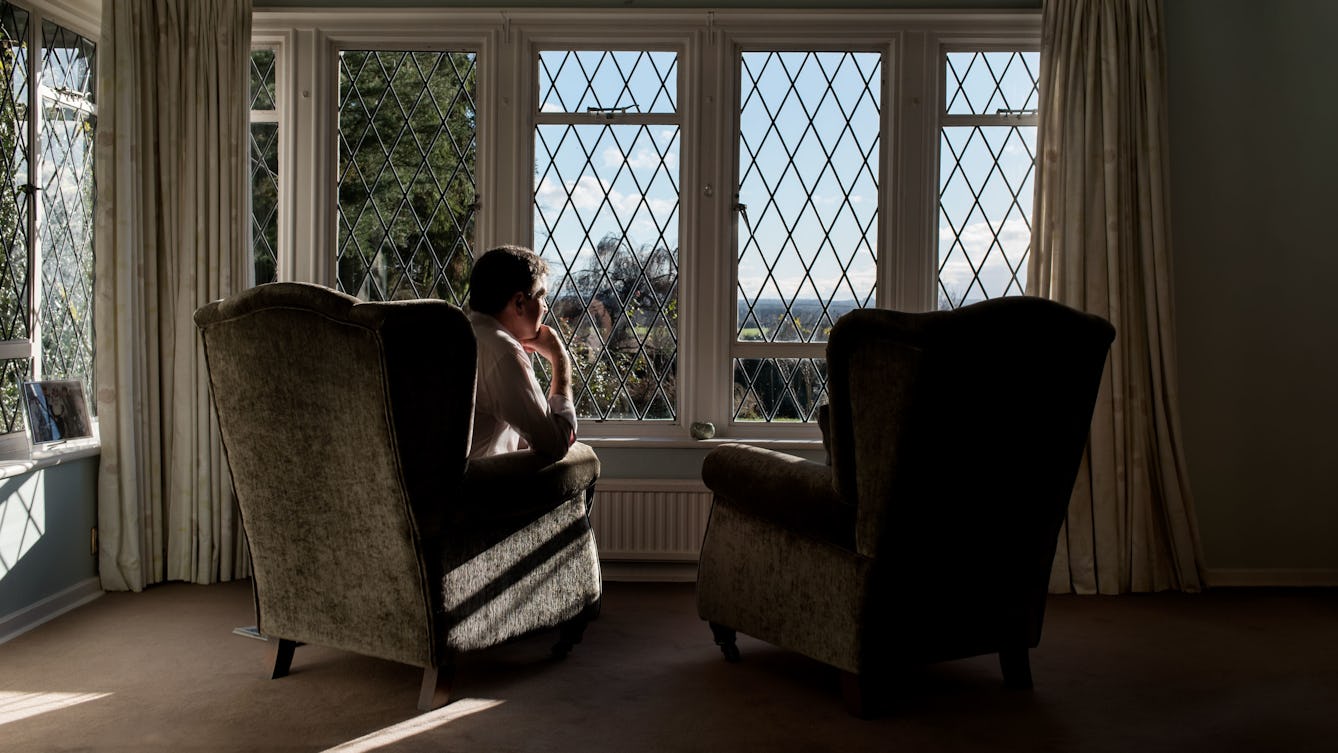
- Article
- Article
Sick of being lonely
When his relationship ended, Thom James first withdrew from the world, then began to suffer from illnesses with no apparent physical cause.

- Article
- Article
Medics, migration and the NHS
In the 1960s the NHS became Britain’s biggest employer. So to help fill all those jobs, the government brought in thousands of workers from abroad.
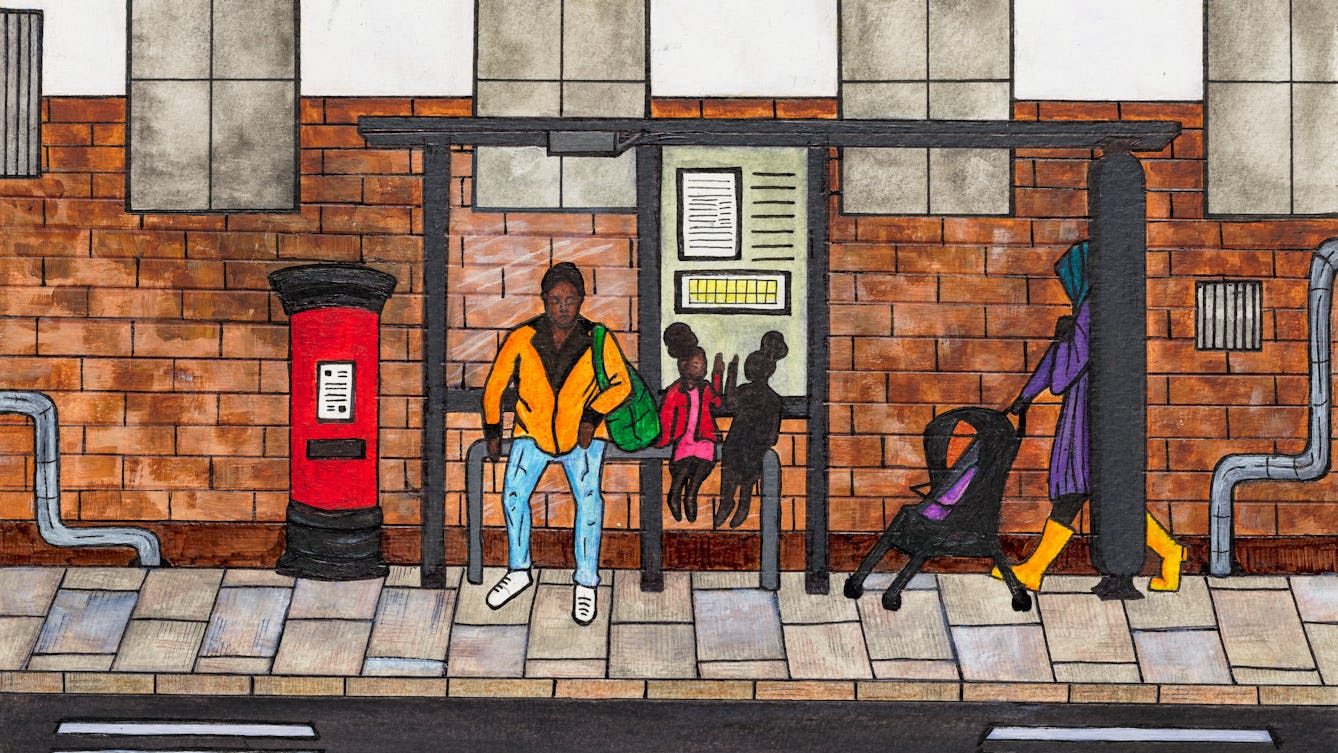
- Article
- Article
We need less ‘sickle cell warriors’ and more allies
Rejecting the epithet “warrior”, Cheryl Telfer describes the pervasive effect sickle cell disease has on her life, and calls for more people to donate blood to help sicklers.
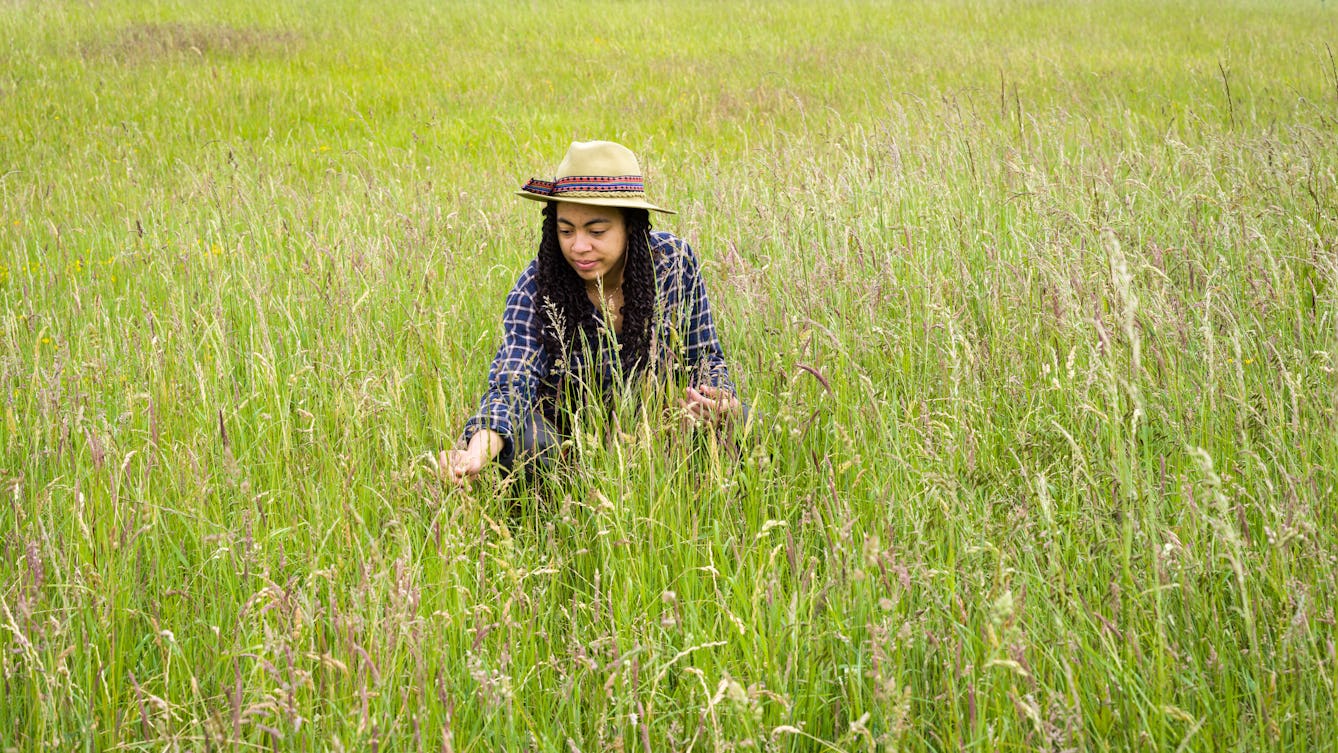
- Article
- Article
Beyond a green carpet
Plant ecologist Sara Middleton explores the amazing symbiotic relationships between the species that make up grasslands, and considers their future as rain becomes more scarce.
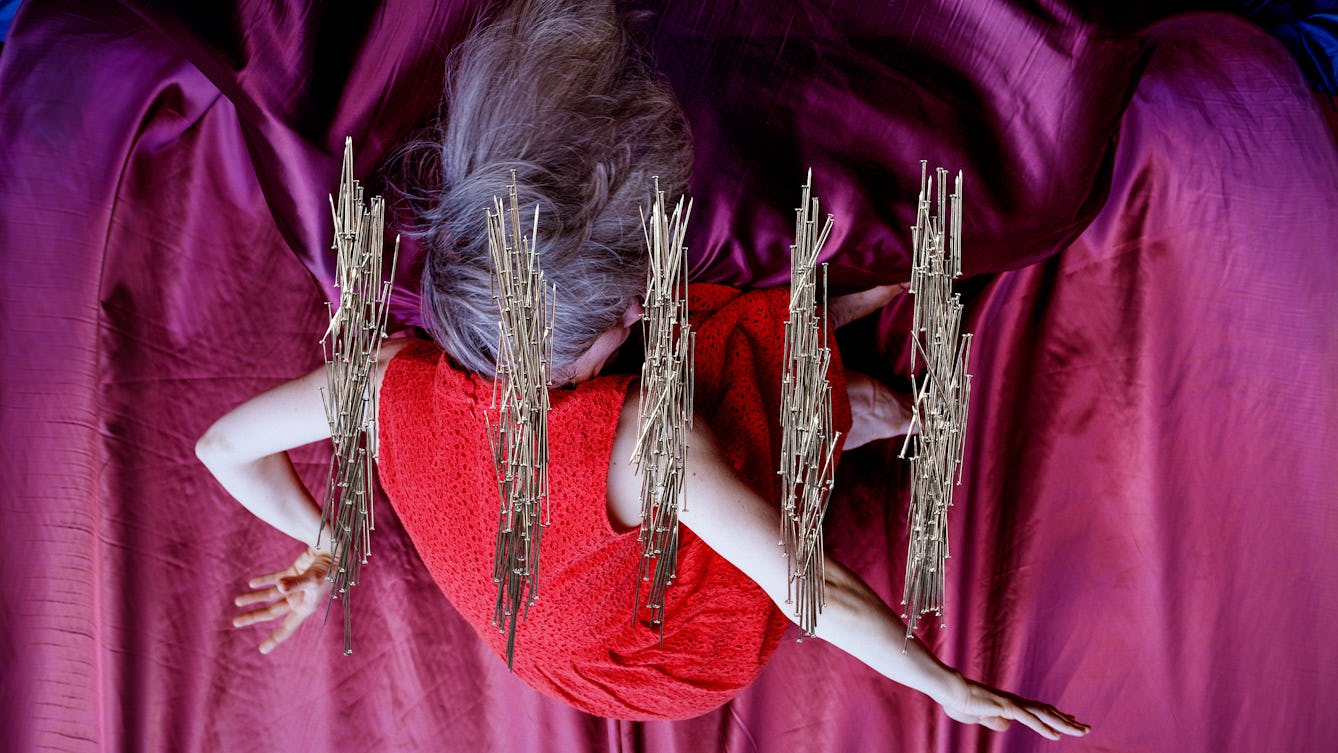
- Article
- Article
What is structural violence?
Structural violence is seemingly invisible. But its tentacles have invaded every part of many people’s lives, thoughts, experiences and expectations, shaping them in ways they don’t even realise.

- Article
- Article
How music opens the doors of memory and the mind
People living with dementia can often still listen, perform or move to music. What does this tell us about how memories are formed?
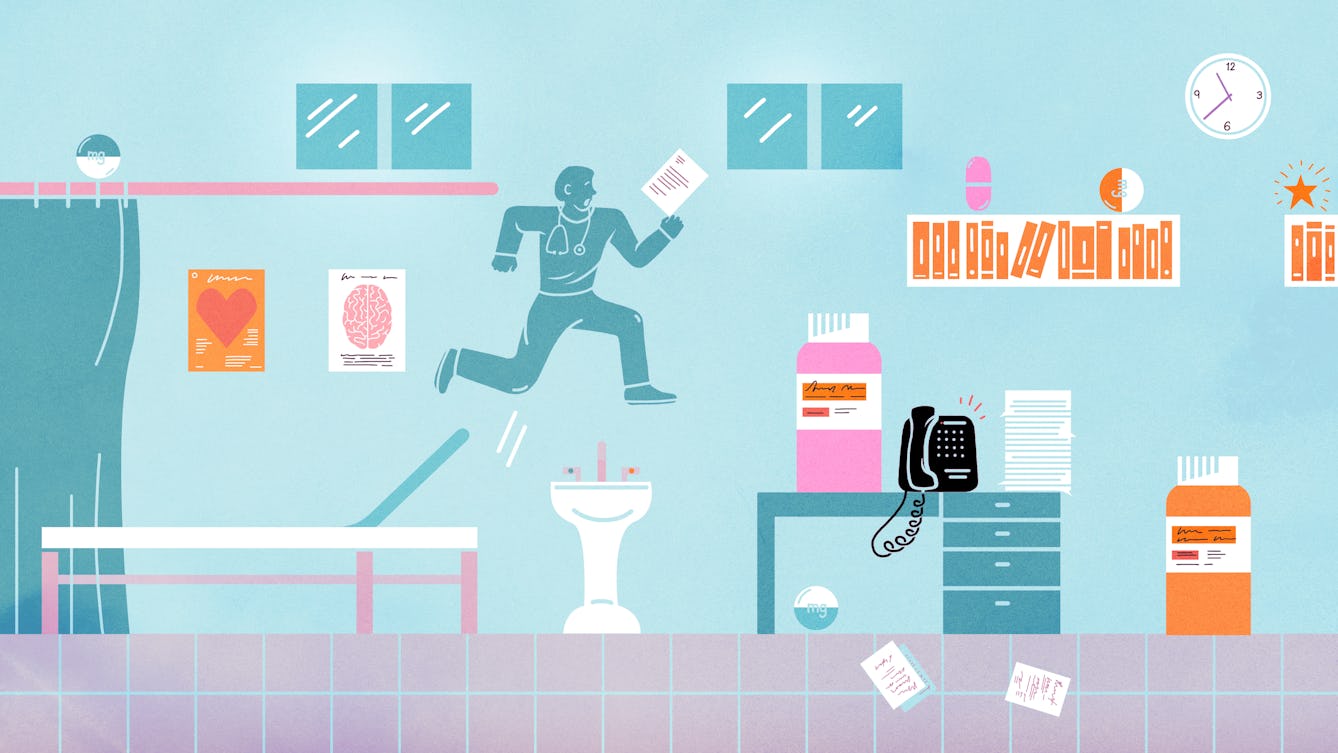
- Article
- Article
Mistakes and perfect medicine
This week our anonymous GP reflects on how a mistake made in a busy, stressful environment could have had serious consequences.

- Article
- Article
Why some patients make my heart sink
Instead of getting nowhere with certain demanding, manipulative patients, our anonymous GP wonders if there’s a way to help them.

- Article
- Article
“People see the disability but forget the ability”
I’m a disabled Asian woman, and mother of four. I’m trying to show people that we have to talk about disability if we want things to change.

- Article
- Article
When doctors get sick
Feeling guilty about developing a health problem, our anonymous GP contemplates how the system could better support doctors when they’re sick.

- Article
- Article
Surviving as an asexual person in a heteronormative world
Experiencing no sexual attraction led Seleena Laverne Daye to feel she was somehow failing as an adult. But she found a way to claim her identity and to thrive.
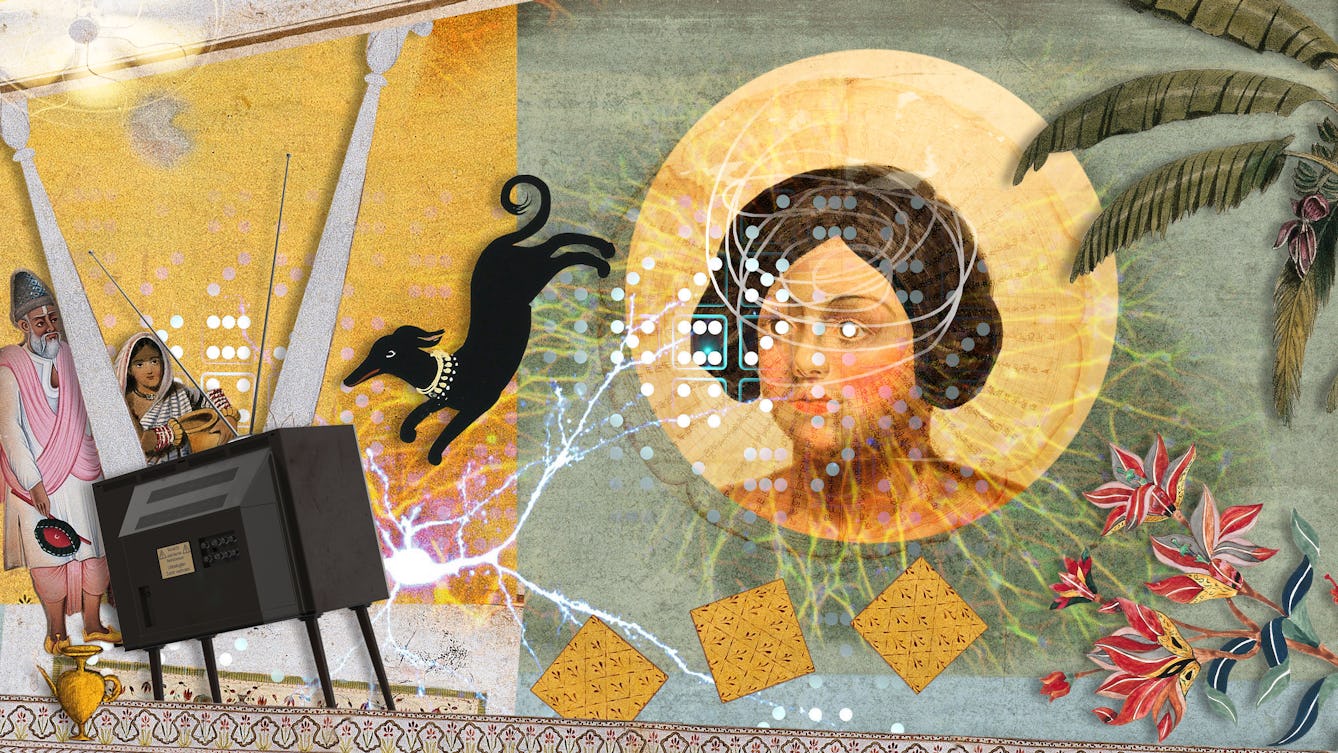
- Article
- Article
The first seizure
Historian Aparna Nair had her first seizure when she was 11. Here she recalls that first time, and how other people’s reactions are sometimes the most disturbing part about having a seizure.
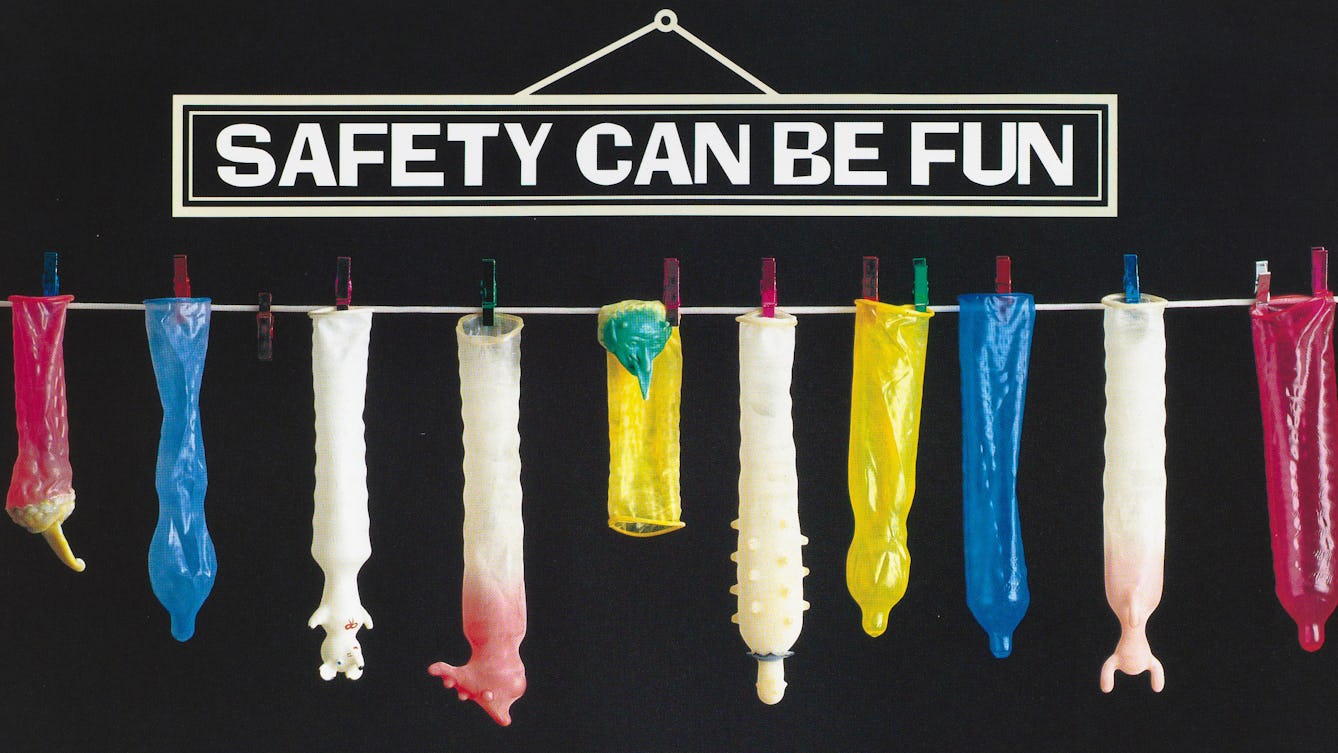
- Article
- Article
Getting around the rules of sex education
What should we and shouldn’t we teach our teens about sex, inside and outside of the classroom?
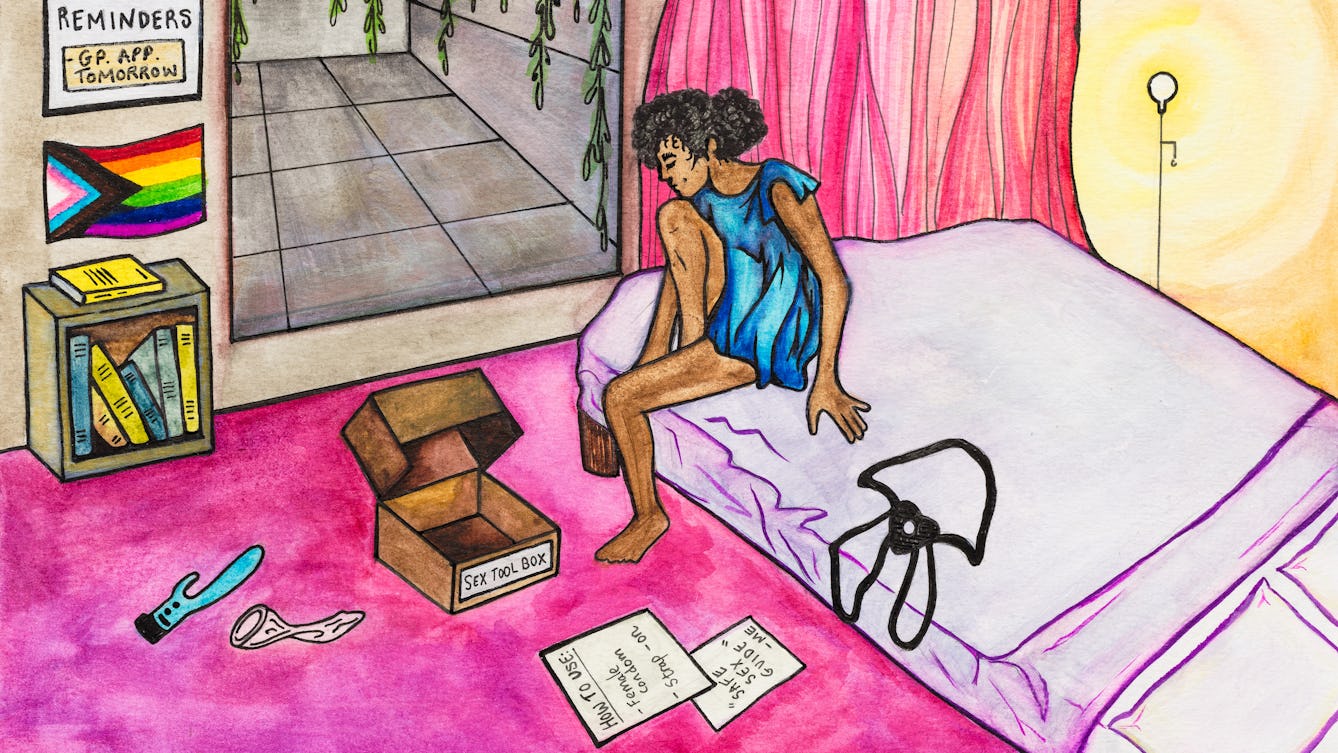
- Article
- Article
Battling the heteronormativity of sexual health
As a queer, Black women, Mary W is sick of the never-ending hetero-cycle of clinic appointments, where her needs and sexuality are always a surprise to the doctor. She calls for a revolution.

- Article
- Article
How can we prevent violence?
Evidence shows that strategies to prevent some types of violence can be very effective, while other, less well-acknowledged forms continue unabated. But hope can still guide us into a more peaceful future.

- Article
- Article
Coleridge’s hypochondria
An intense focus on his own bodily sensations led poet Samuel Taylor Coleridge to self-medicate with narcotics. But this fascination also put Coleridge ahead of the medical sensibilities of his day.
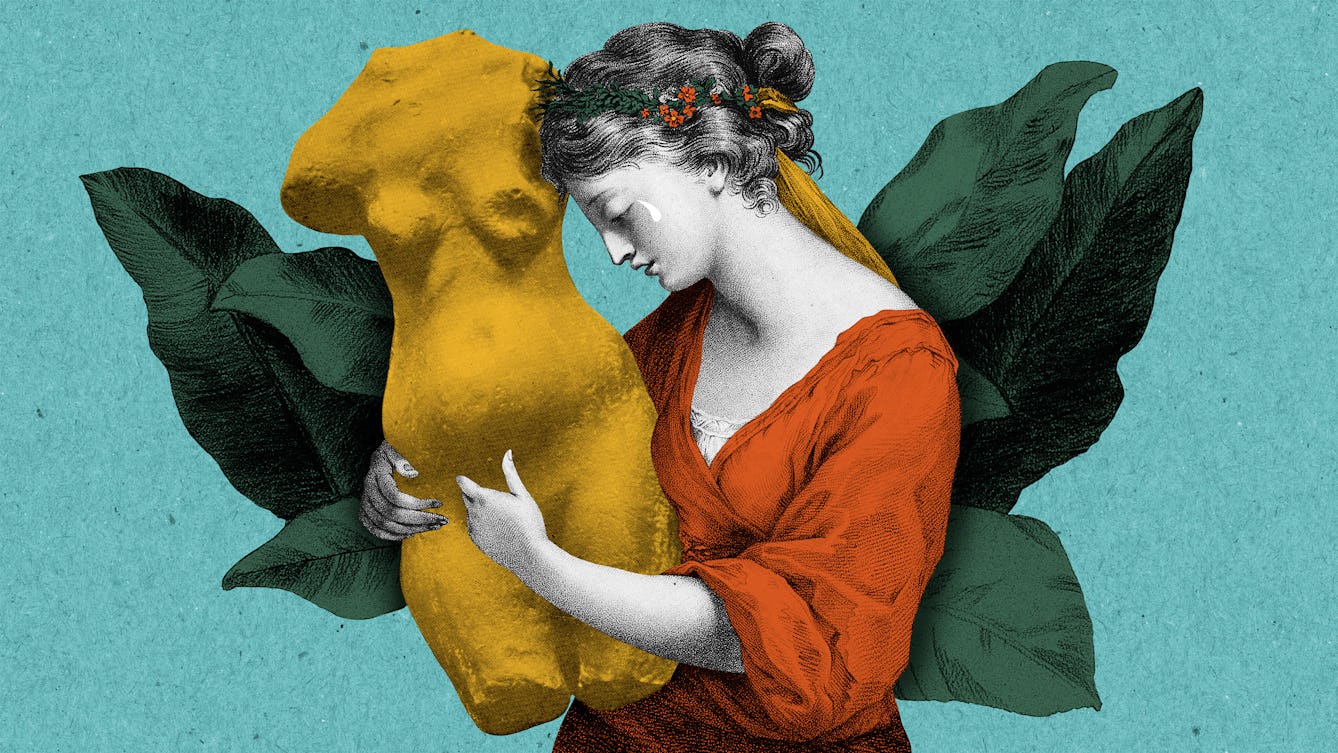
- Article
- Article
The secret sting of cystitis
Agnes Arnold-Forster recounts her experiences of cystitis, explaining how this illness intersects with sexism, shame, and stigma from medical professionals.

- Article
- Article
Making sense of senses lost
In rapid succession, Steve Barker suddenly lost sight and hearing on his left side. The effect on how he perceives the world has been profound.
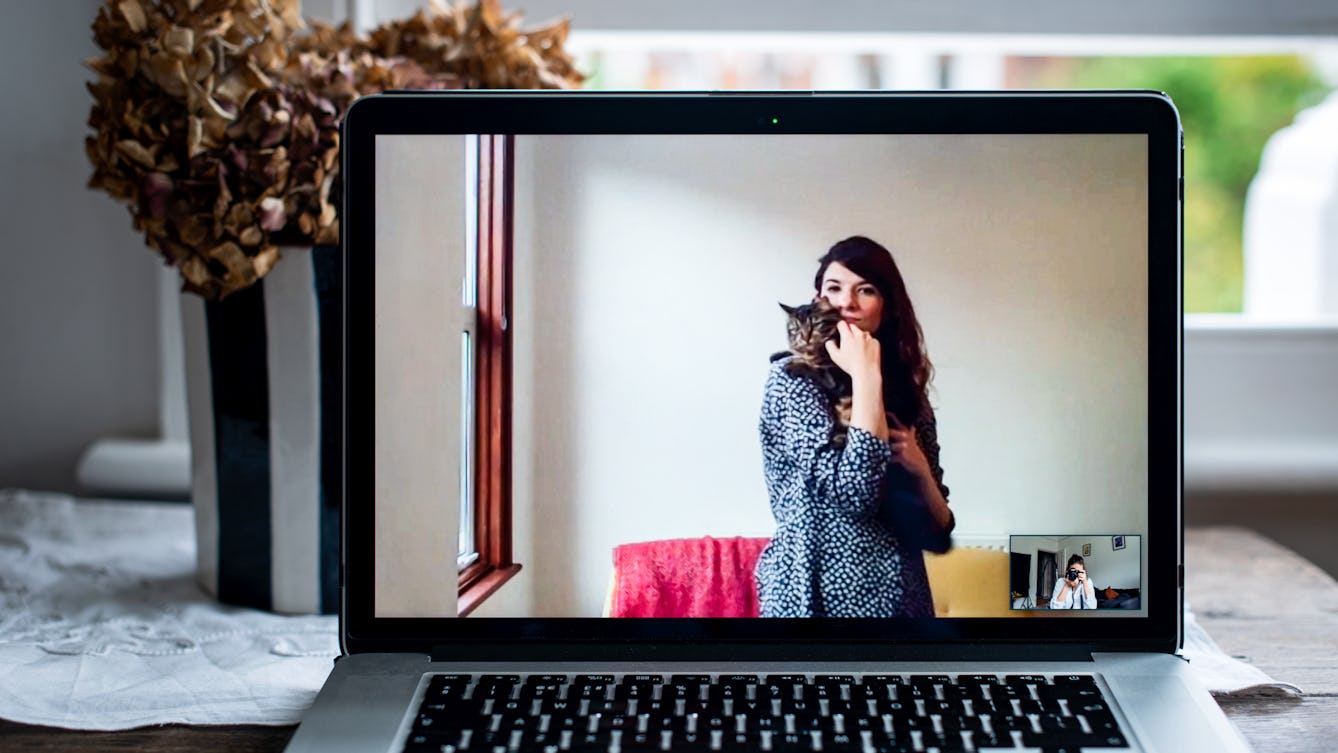
- Article
- Article
Why “crazy cat ladies” are healthier than you may think
Writer Erica Crompton ponders the reasons behind the misogynist “crazy cat lady” trope, and reclaims cat ownership as a positive way to help restore mental equilibrium.

- Article
- Article
Selling sex and sacrificing safety
Sex workers who report crimes against them can face a “what do you expect?” attitude. But one organisation is working to protect vulnerable people in the sex industry.
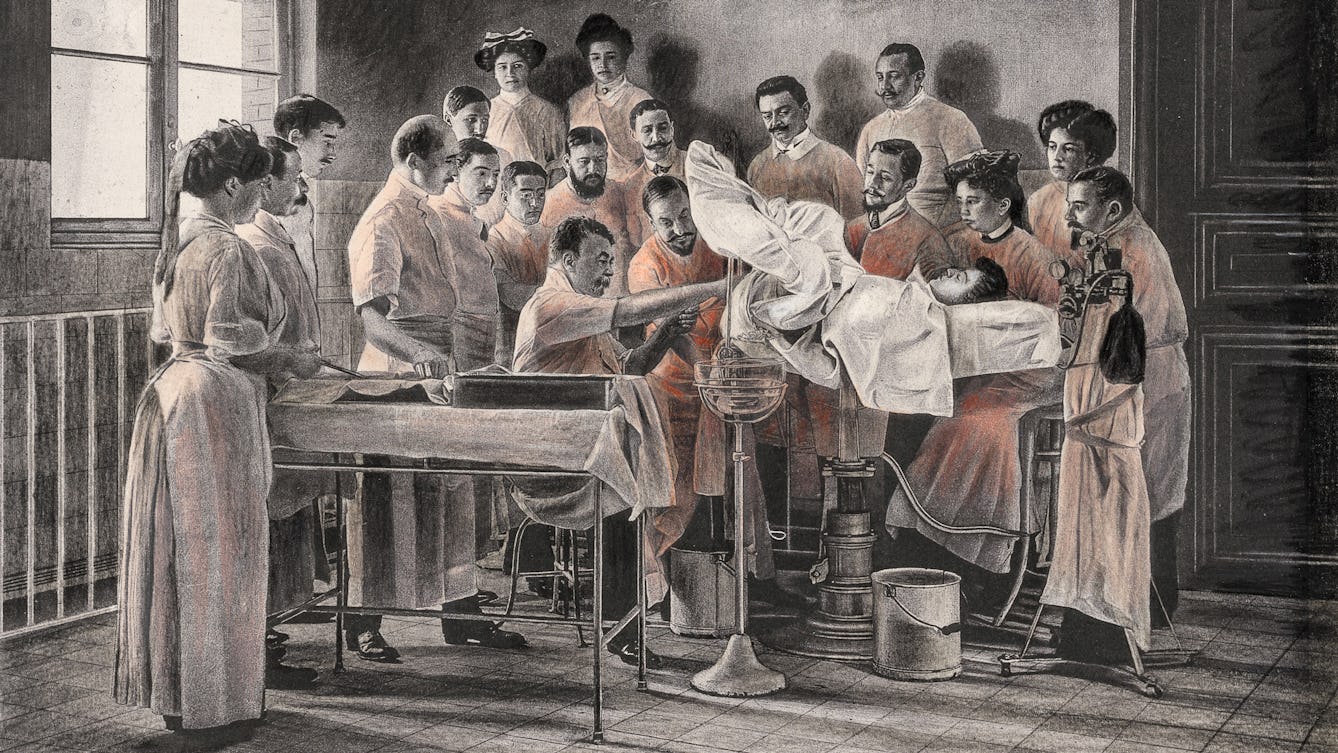
- Article
- Article
The search for a cure for endometriosis
Discover how a white American doctor’s experimental operations on black female slaves laid the foundations for modern gynaecological surgery.

- Article
- Article
Deadly doses and the hardest of hard drugs
The invention of the modern hypodermic syringe meant we could get high – or accidentally die – faster than before. Find out how this medical breakthrough was adapted for deadly uses.